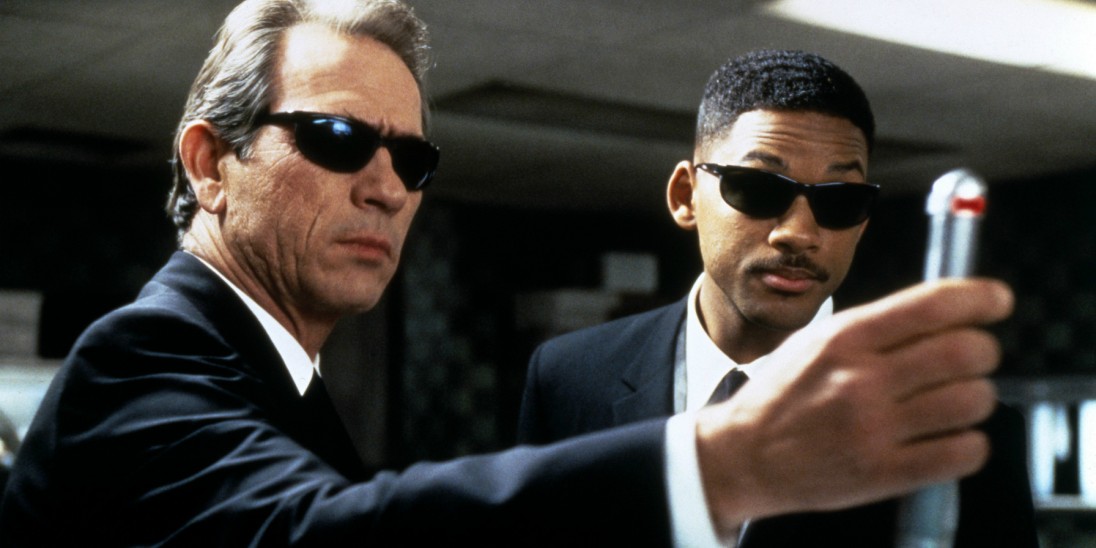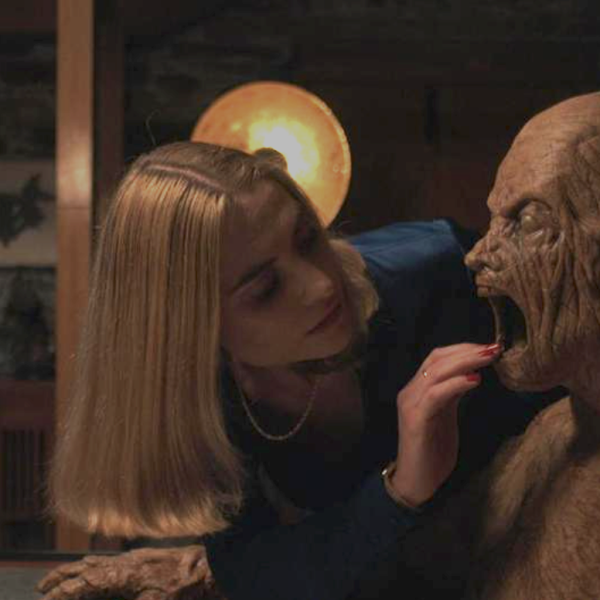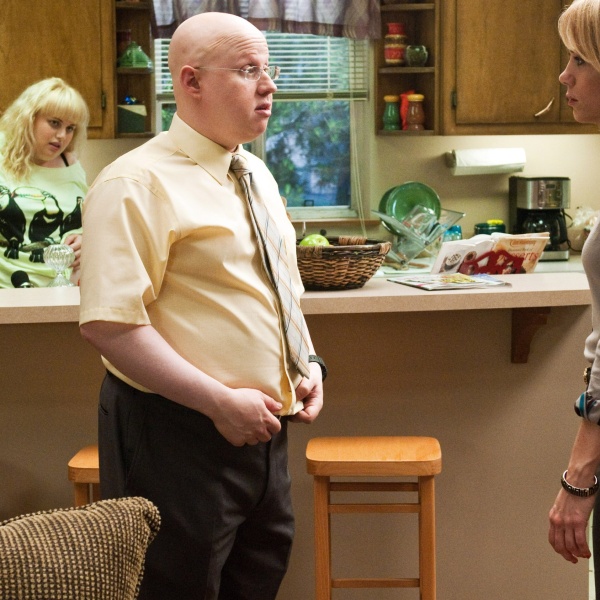Will Smith needed some convincing to take on “Men in Black” and, with it, back to back extraterrestrial movies.
The Oscar winner revealed during Kevin Hart’s “Heart to Hart” Peacock talk show (via Insider) that he was hesitant to star in the 1997 film alongside Tommy Lee Jones right after “Independence Day.” It was “Men in Black” producer Steven Spielberg who later sealed the deal for Smith.
“I kind of understood ‘Men in Black’ a little bit but I didn’t want to make ‘Men in Black,’” Smith said. “That was the next year after ‘Independence Day.’ So I didn’t want to make two alien movies back to back.”
Amblin producer Spielberg contacted Smith directly and sent a helicopter to talk with him face-to-face.
“I was in New York. It landed at his house. And, like, he had me at hello,” the “King Richard” star said. “And it was the first time I ever had lemonade with carbonated water. You can’t say no to that.”
Smith continued of Spielberg, “He said the coldest shit. He said, ‘Tell me why you don’t want to make my movie…’ And he was the producer. And he put the ellipsis at the end, it was the dot, dot, dot. If he had continued, he would have said, ‘Joker, you know I made ‘Jaws,’ right? You know I made ‘E.T.””
Smith credited former manager and longtime business partner James Lassiter for being “the arbiter of taste” during that point in his career.
“In the heyday, the 10 movies I made at the top of my career, JL was choosing the films. He just had an eye,” the “Emancipation” actor said. “I didn’t want to make ‘Pursuit of Happyness.’ I didn’t want to make ‘Ali.’ And JL picked ‘Men in Black.’”
Smith eventually took on “Men in Black” and appeared in two sequels released in 2002 and 2012, respectively. The franchise is based on the Marvel comic book series of the same name. In 2019, an attempted reboot titled “Men in Black: International” starred Chris Hemsworth and Tessa Thompson.
Sony Motion Picture Group chairman Tom Rothman admitted that the film made a “mistake” with its plotline. “If we made any mistake, I think it probably was that there was not a strong enough idea in the story,” Rothman told Business Insider in 2019. “Especially when you compare that to, say, ‘Jumanji,’ which had a very, very strong idea.”



